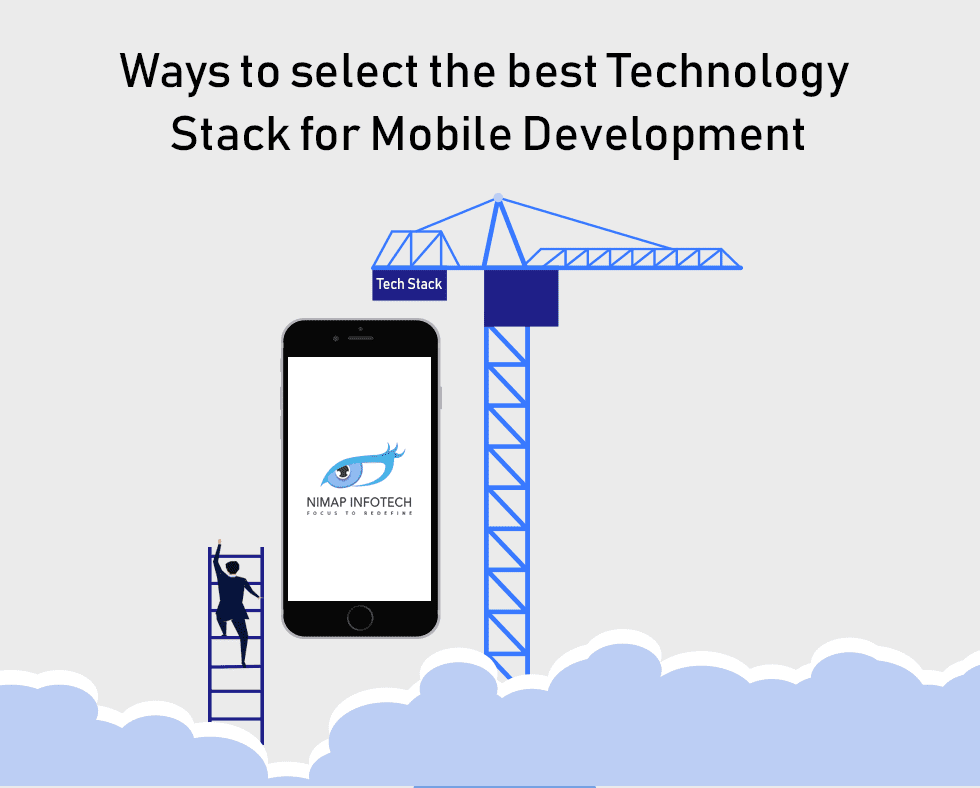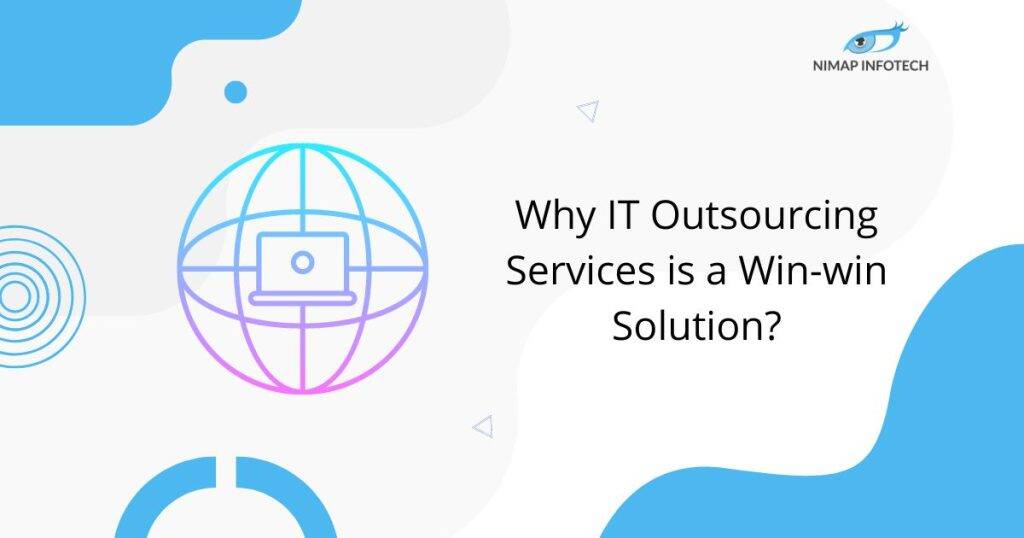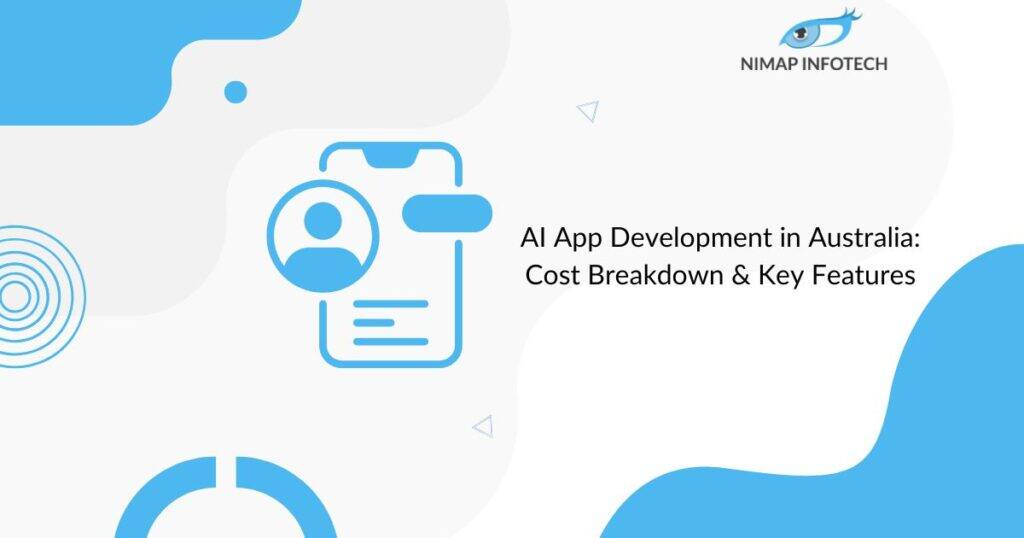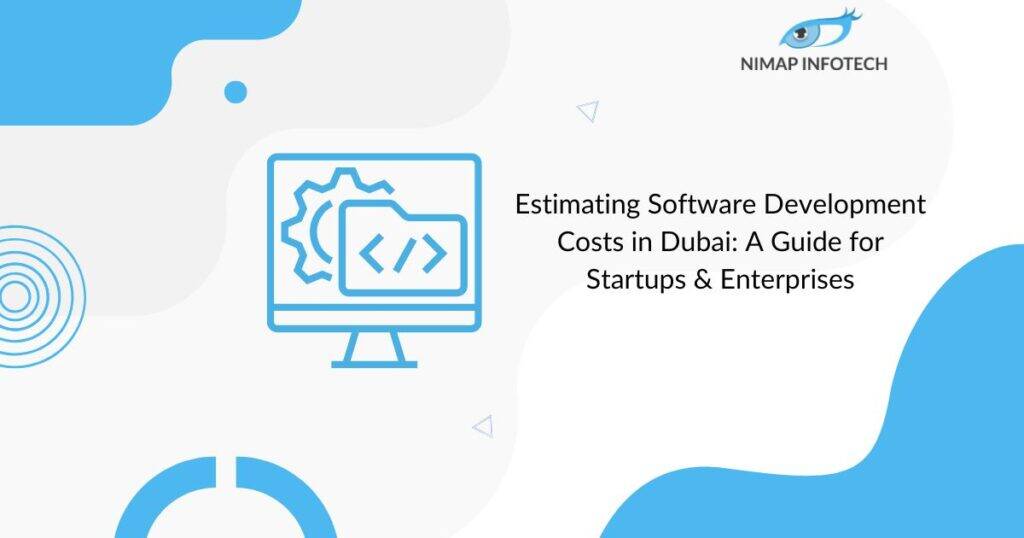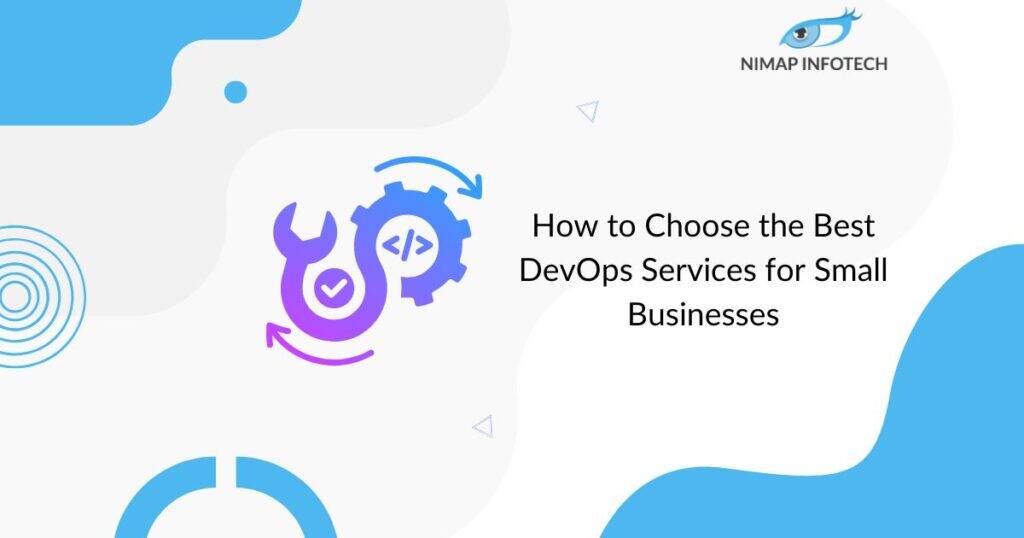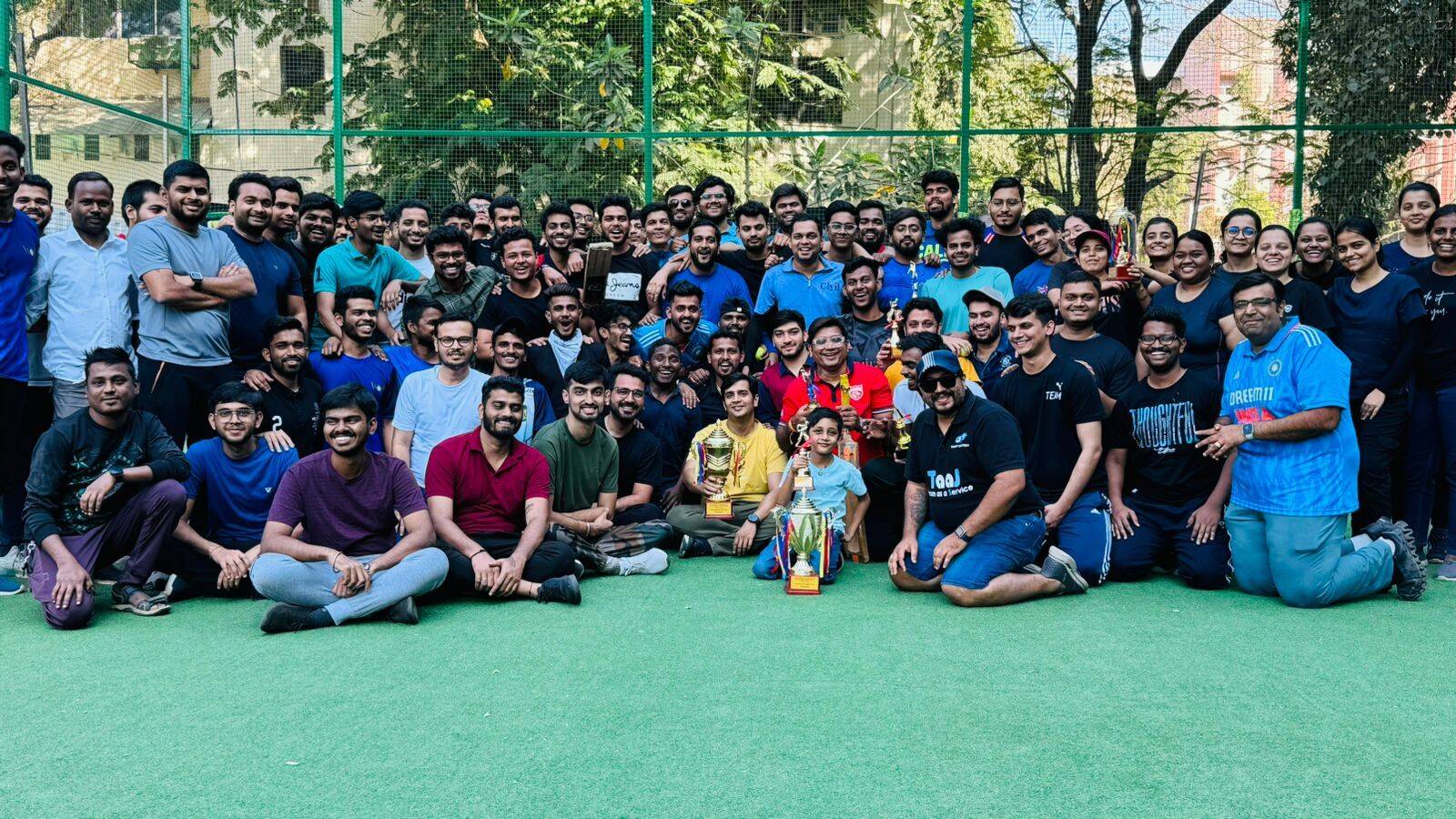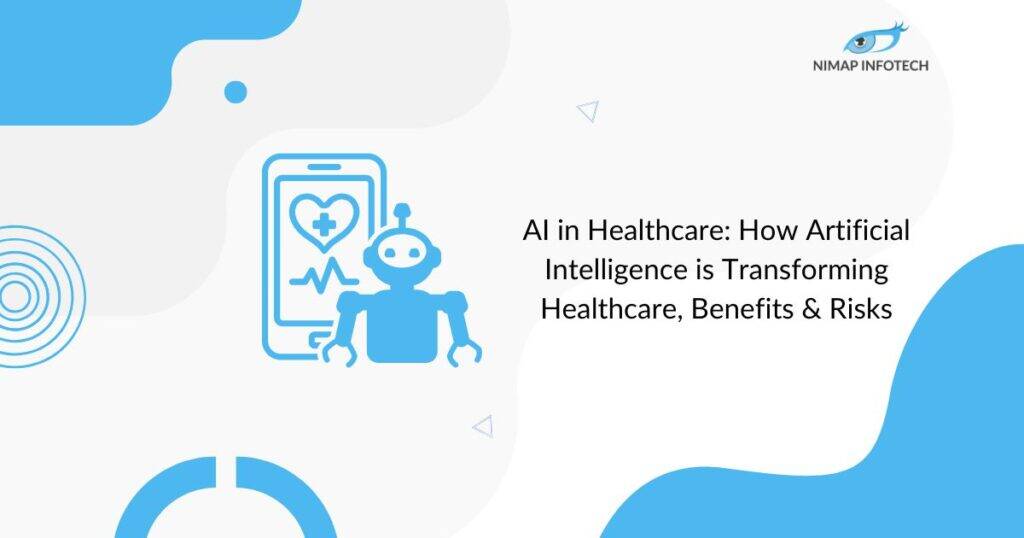The whole business has been neatly encapsulated in the use of mobile devices. You can easily catch your favourite events globally, can do a video chat wherever you are and have already transformed communication ways.
Mobile app development companies must choose the right technology stack for their business needs, emphasizing customization over a one-size-fits-all approach.
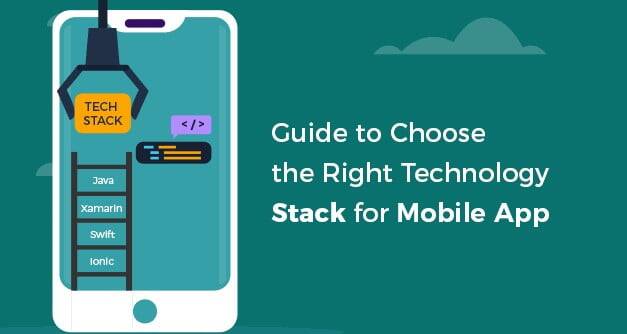
Table of Contents
ToggleWhat is the Technology Stack?
A robust technology stack can yield successful results in any mobile app development process. The best technology stack determines the future of the software product. The optimal technology stack is determined by the needs of your customers and the problem areas it aims to address.
The technology stack for mobile app development is categorized into four distinct areas.
1. Development Platform:
- It is the place where the libraries and the interfaces play their dedicated roles in designing and developing the mobile app.
2. FrontEnd Platform:
- It is the interface that the users will use to interact with the mobile app.
3. Backend Platform:
- This is the backend section that takes user input, processes it and converts it into its respective output.
4. Additional Requirements:
- Included are the technological factors that affect mobile app security, functionality, and resilience, highlighting an all-encompassing approach to application development.
Recommended Reading: What are the new trends in mobile development application
Types of Technology Stack –
1. The Native App technology stack offers a comprehensive foundation for application development, featuring robust programming languages and seamless integration tools.
-
iOS Tech Stack
-
Android Tech stack
2. Hybrid App Tech Stack
3. Cross-Platform Tech Stack
The key to success in business is selecting the optimal technology stack that can successfully launch a large-scale product in the market. It can power the product to make it a great success after considering various factors.
In this article, we are going to show you some ways by which you can select the best technology stack for mobile app development, that will suit your needs.
1. The Goal of the App:
- The choice of the best technology stack for the development of mobile applications depends to a large extent on the objective that you want to achieve using your mobile application.
- The mobile application, which relies on load processing, relies heavily on a robust technology stack that optimizes interactions.
- The development of high latency or rapid response mobile applications is heavily influenced by the selection of mobile application technology stack.
2. Parent Company:
- The parent company of the technology stack can create a lot of difference in the choice of selecting the best technology stack.
- Numerous brands offer superior customer support and more comprehensive documentation in comparison to other brands.
- Google, Microsoft, and Adobe are leading the way in software development, offering advanced development options and exceptional community support.
3. Team Skill Set:
- The main idea is to compare two similar technology stacks and rely on the developer’s experience.
- Various languages and frameworks yield identical outcomes, yet certain factors distinguish them.
- Unknown technology stacks can delay development and increase costs for your team.
- Using a comfortable mobile development stack can streamline the process and reduce quality commitment among your team.
Read More: How is IoT leveraging the Mobile App Development Industry
4. Mobile App Considerations:
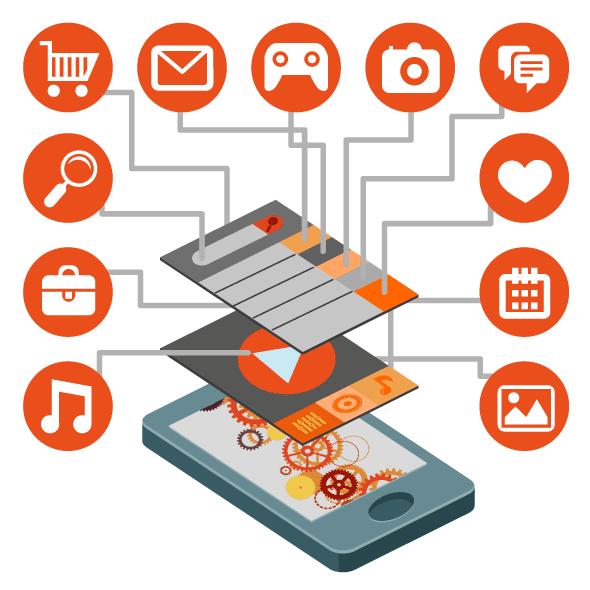
Numerous other factors differ from one application framework to the other. Some of these factors are:
- A device in which the application will work
- The network’s condition in which it will load and execute.
- The user experience that you are looking to achieve, the estimated time of launch in the market
- The platform on which it will be executed
All these elements of the grouped application will decide the libraries, set of frameworks and software that would be combined to develop the respective mobile application
5. Security:
- The current mobile app development technology effectively addresses post-launch security issues.
- Selecting the optimal technology stack without sufficient documentation or lengthy code can increase the risk-proneness of the development process.
- The developer’s abilities greatly influence the basis of developing mobile apps.
- No matter what technology stack you select, hackers and security breaches can easily occur if the application does not provide enough security.
- The development team ought to possess expertise in their respective fields and maintain proficient security skills.
6. Compatibility with the Technology:
- The project will benefit from a compatible mobile application technology stack.
- The development of your mobile application requires careful planning and consideration of introducing a new technology stack.
- It’s crucial to ensure the technology stack’s compatibility with your current project and potential future tools for future application development.
7. Multiple Operations:
- Developing an application for a single platform differs greatly from developing for multiple platforms in terms of the technical stack requirements.
- Developers must introduce a level of scalability in their mobile application to ensure it is portable across different platforms.
- Contrasting native apps, a hybrid application necessitates a distinct set of tools.
Know More: Mastering Mobile App Development: Tips for High-Performance
Conclusion
The choice of a technology stack for mobile application development depends on the desired outcome and desired outcome.
For outsourcing mobile app development or seeking Android app expertise, feel free to reach out to us at enquiry@nimapinfotech.com. We have the most talented developers ready to onboard your Android development project
Author
-

Sagar Nagda is the Founder and Owner of Nimap Infotech, a leading IT outsourcing and project management company specializing in web and mobile app development. With an MBA from Bocconi University, Italy, and a Digital Marketing specialization from UCLA, Sagar blends business acumen with digital expertise. He has organically scaled Nimap Infotech, serving 500+ clients with over 1200 projects delivered.
View all posts

